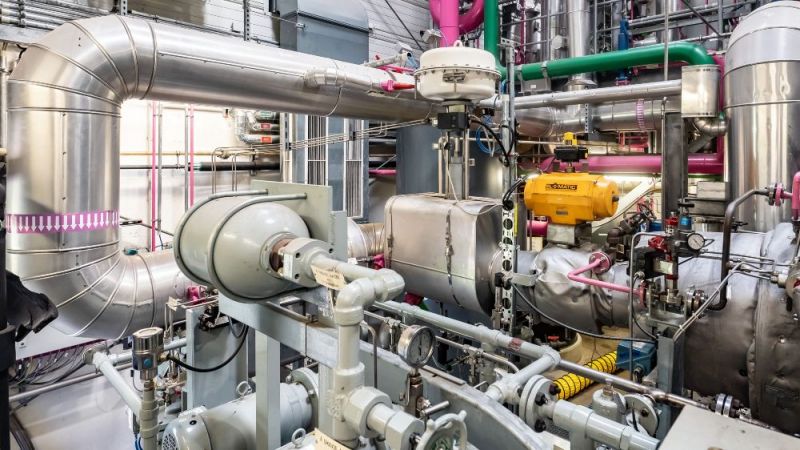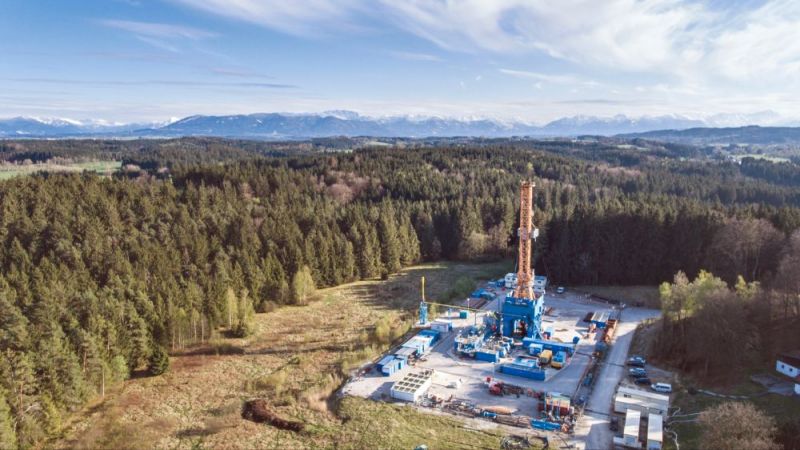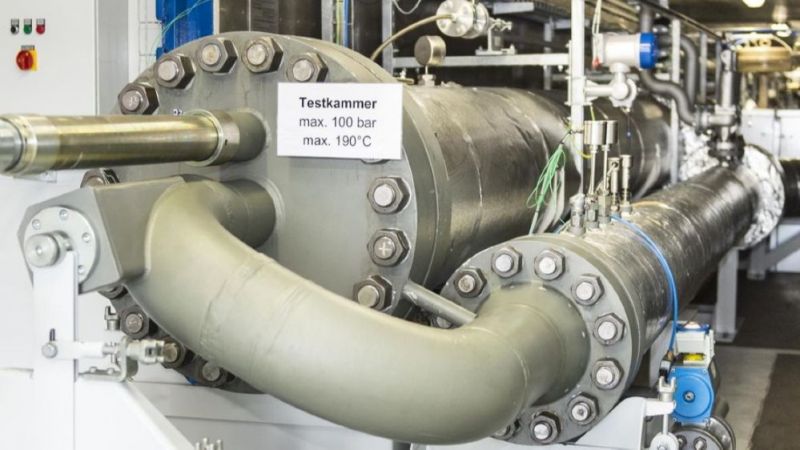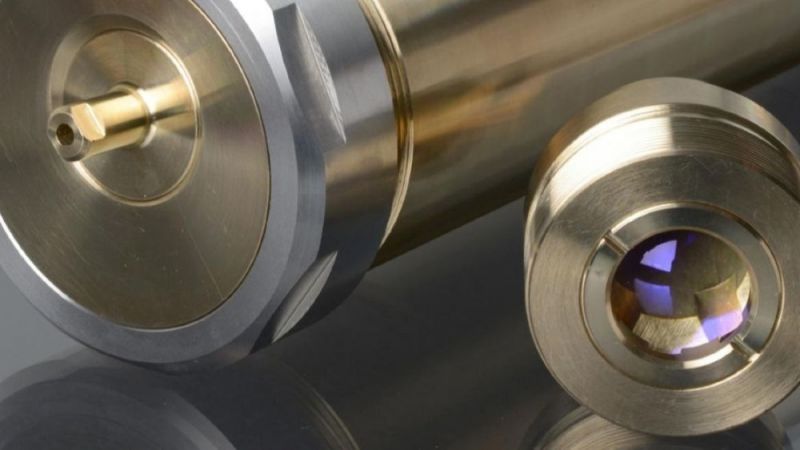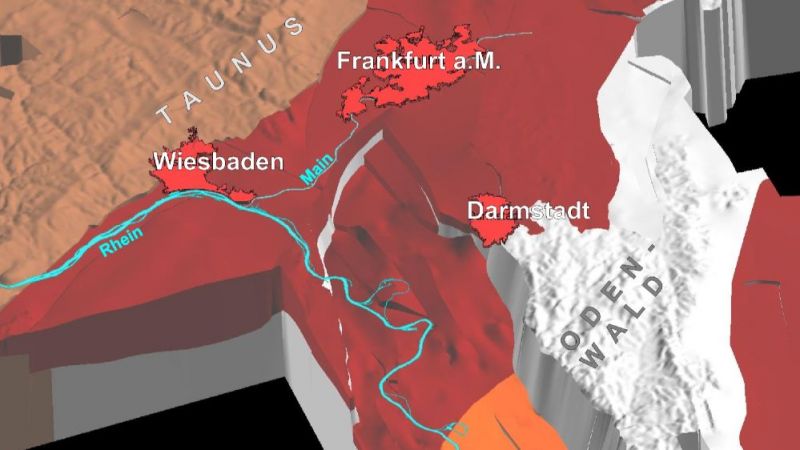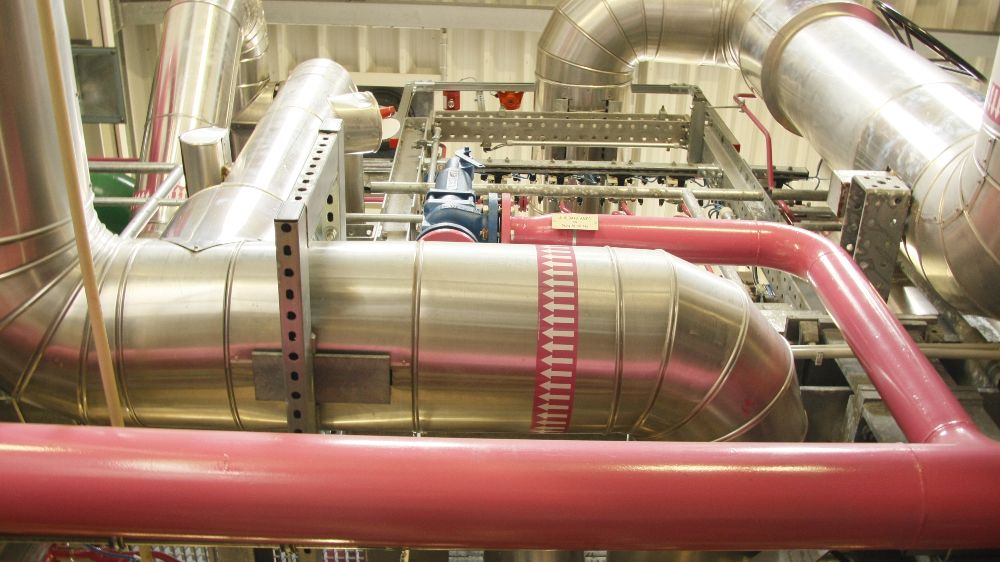
Systems engineering and operation
Demonstration and pilot projects aim to demonstrate the technical feasibility and economic operation of geothermal heat utilisation. The pilot projects will explore the market-oriented application of innovative geothermal energy technologies. They serve as models for further site developments in the field of geothermal heat and cooling generation for buildings, districts, cities and regions. In this context, essential aspects include technical issues relating to heat supply and integration into the building supply, regional heating concepts, changes in current conventional district heating networks and the development of the required components and processes.
To achieve extensive market penetration, costs must be further reduced, efficiency increased and plant availability improved. Consequently, funding is being directed into new and further developments of geothermal-specific exploration methods as well as tools and methods promoting the optimisation of materials and components, in particular pumps, filters and pipes that meet typical geothermal conditions. Furthermore, to advance the respective technology, the aim is to introduce measuring and monitoring systems and develop processes protecting against mineral filling and corrosion. On top of this, investigations shall be carried out of the extent to which borehole heat exchangers and large-scale heat pumps can contribute to the demand-based provision of heat.
Energy storage systems play a central role in the implementation of the energy transition. Geothermal heating and cooling storage systems are among the most cost-effective energy storage systems and can therefore fulfil an important function in the field of sector coupling. This is why underground storage is to be the subject of further research as a seasonal and situation-based storage option for temporary energy surpluses.


